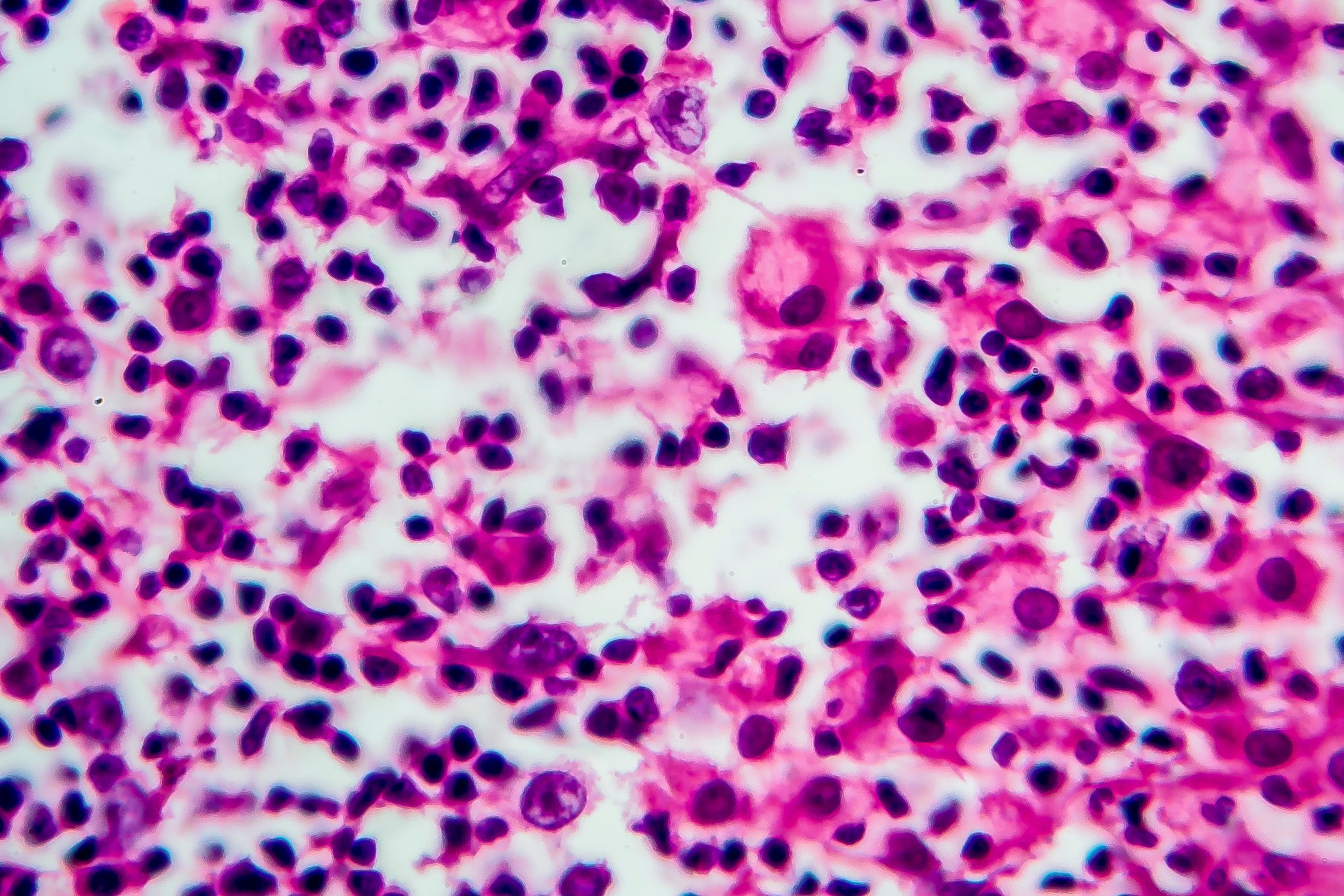FDA Fast Tracks AFM13 Plus AlloNK for R/R Hodgkin Lymphoma
The combination of AFM13 with AlloNK has been granted FDA fast track designation and is being investigated in the phase 2 LuminICE-203 study for patients with Hodgkin lymphoma.

The FDA has granted fast track designation to the combination of AFM13 with AlloNK (AB-101) for the potential treatment of patients with relapsed/refractory (R/R) Hodgkin lymphoma (HL), according to Affimed N.V.1
AFM13 is a first-in-class innate cell engager (ICE) designed to activate the immune system’s natural killer cells and macrophages and destroy CD30-positive cancer cells. AlloNK is a non-genetically modified, cord blood–derived, allogeneic, cryopreserved, antibody dependent cellular cytotoxicity that enhances NK cell therapy. The product is designed for use in combination with monoclonal antibodies or ICE agents in the outpatient setting.
The combination is currently being evaluated in the phase 2 LuminICE-203 study (NCT05883449) for this patient population, for which the trial received investigational new drug-clearance from the FDA earlier this year in March 2023.
“Our clinical data of AFM13 in combination with allogeneic NK cells has shown outstanding efficacy and a well-managed safety profile in late-stage, muti-refractory patients with relapsed/refractory Hodgkin and non-Hodgkin lymphoma,” said Wolfgang Fischer, PhD, chief operating officer at Affimed, in a press release. “The FDA fast track designation is a testament to the powerful potential our combination approach may deliver for these patients in high need, and we remain committed to working closely with the FDA to expedite development of this important therapy.”
Hodgkin's lymphoma © Dr_Microbe - stock.adobe.com

In the phase 2, open-label, multi-cohort LuminICE-203 trial, the efficacy and safety of AFM13 with AB-101 will be evaluated for the treatment of patients with relapsed/refractory classical Hodgkin lymphoma. There will also be an exploratory cohort evaluating the combination in 20 patients with CD30-positive peripheral T-cell lymphoma (PTCL).2
The study will include a safety run-in followed by dose optimization, and dose-expansion phases. Approximately 24 patients with HL will be included in the safety run-in phase, along with 68 in the dose optimization and 110 in the dose-expansion phases.
Enrollment is open to patients 18 years of age and older with HL who have received at least 2 prior lines of therapy, including 1 which must have consisted of chemotherapy, brentuximab vedotin (Adcetris), and a PD-1 inhibitor.
The primary end point of the study is objective response rate (ORR). Secondary end points being evaluated include efficacy, durability of response, safety and tolerability, and immunogenicity.
This study builds on the findings from the phase 1/2 AFM13-104 trial (NCT04074746) of AFM13 in combination with cord blood-derived natural killer cells in heavily pretreated patients with CD30-positive HL and non-HL.1
According to findings from this study, patients with late-stage, multi-refractory disease had an ORR of 94% and a complete response (CR) rate of 71%. In the 31 patients with R/R HL, the ORR and CR rates were 97% and 77%, respectively.
The safety profile of the combination was well-managed when given at the recommended phase 2 dose.
REFERENCES
Affimed receives FDA fast track designation for AFM13 in combination with ALLONK® for the treatment of patients with relapsed or refractory hodgkin lymphoma. News release. Affimed N.V. September 12, 2023. Accessed September 13, 2023. https://tinyurl.com/2xsm3p2f
Phase 2 study of AFM13 in combination with AB-101 in subjects with R/R HL and CD30+ PTCL (LuminICE-203). ClinicalTrials.gov. Updated June 1, 2023. Accessed September 13, 2023. https://tinyurl.com/4rwhutr7
Examining the Non-Hodgkin Lymphoma Treatment Paradigm
July 15th 2022In season 3, episode 6 of Targeted Talks, Yazan Samhouri, MD, discusses the exciting new agents for the treatment of non-Hodgkin lymphoma, the clinical trials that support their use, and hopes for the future of treatment.
Listen
Later-Line CD19 and Bispecific Therapies Considered After CAR T
October 1st 2024During a Case-Based Roundtable® event, Christopher Maisel, MD, discussed third- and fourth-line therapy and barriers to bispecific therapy use in diffuse large B-cell lymphoma in the second article of a 2-part series.
Read More